How to Brush your Teeth Effectively
Brushing your teeth gets rid of food particles and bacteria. Plaque is a whitish, gooey mixture of bacteria and carbohydrates. It forms a thin film on our teeth, and if not cleaned, the germs can develop caries and periodontal disease.
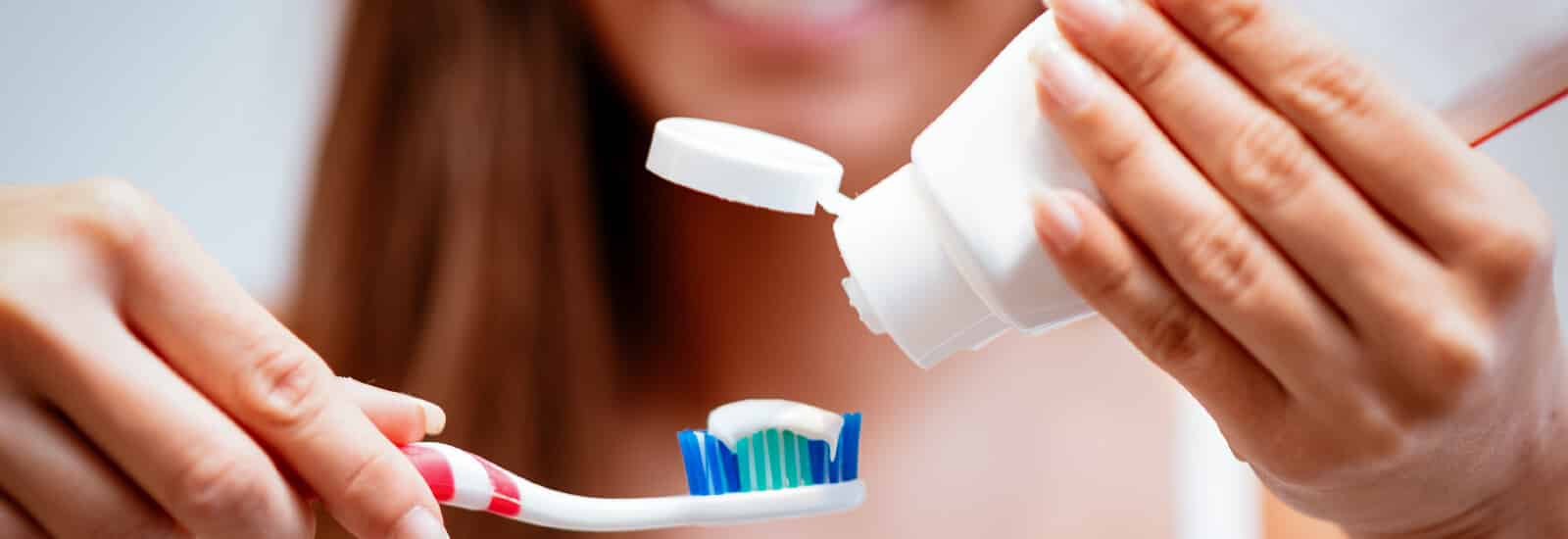
Talk to a Dentist Now!
For as early as 2 days, plaque on the teeth solidifies into calculus, commonly known as tartar. Tartar can lead to tooth decay or even gum disease in some cases. You cannot remove this plaque with your brush shortly once it becomes sticky – it can only be removed by your hygienist or dentist.
7 Brushing Success Steps (Non-electric Toothbrush)
Clean your teeth with fluoridated toothpaste at least 2 times a day. Allow the bristle to perform the work rather than squeezing the toothbrush against your gum and teeth. Glide the brush across the surface of each tooth slowly and carefully.
Step 1.
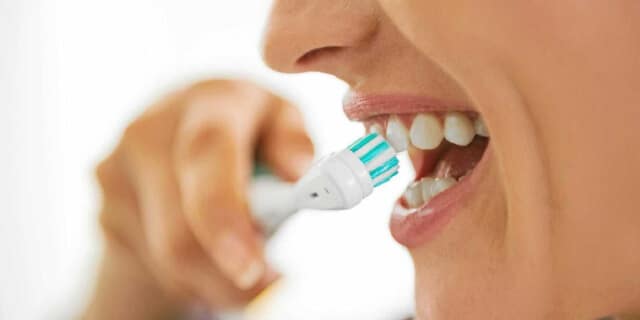
Align the brush next to your teeth’s outermost layer towards its gums.
Step 2.
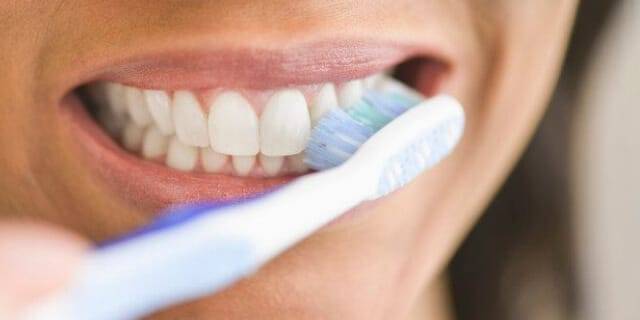
Use a rotational movement with the brush.
Step 3.

Gently clean all of the top and bottom teeth’s outside surfaces, being care to get the behind teeth as well.
Step 4.
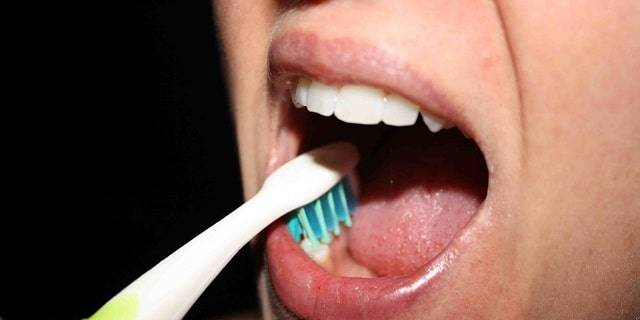
Brush the inside edges of all your teeth in the similar rotating manner
Step 5.
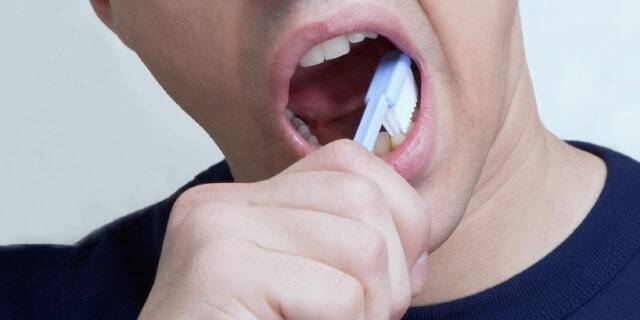
Scrape the biting surface, particularly the crevices in your back teeth which may gather bits of food.
Step 6.
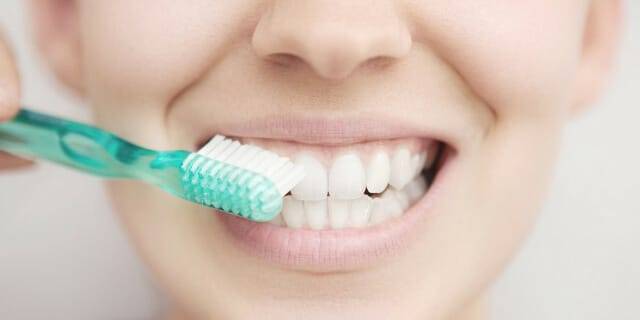
Scrub the front teeth with the brush tip in a circular pattern.
Step 7.
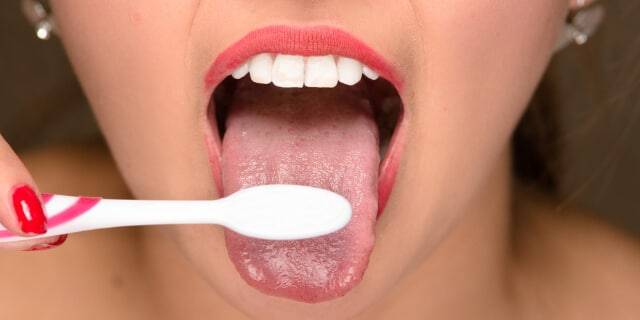
Lastly, clean your tongue, the mouth’s roof, and cheeks’ sides softly. This cleans your complete mouth and could also help you breathe more freshly.
Other ways to keep your mouth healthy
Floss each day to get plaques out somewhere between your teeth and beneath your gums, where your brush could miss it. Gum disease frequently originates in this area.
Your toothbrush is the first step toward a healthy grin. Select a brush that has soft hair and is easy to grasp. The bristles of a soft toothbrush are softer on both gums and teeth. Choose a brush with a design that makes it easy to find every region of your mouth.
Oral health has grown in importance in recent years. It is critical to take good care of your teeth and protect them from harm. A healthy mouth is one that is devoid of germs and diseases. It helps to keep teeth in their original form and preserves them from decaying. Plaque and tartar build-up on teeth can cause periodontal disease, enamel erosion, and dental decay. Oral hygiene issues may potentially contribute to the development of other health problems. Another important step in maintaining proper dental health is visiting a dentist for regular examinations and cleanings.
Try to ensure your oral cleanings and examinations are constantly updated. Schedule dental appointment immediately.
About Author

Dr.Ankita Gada is a dental director alliances with SabkaDentist. She is a highly skilled dental Surgeon and Implantologist with an experience of more than 10 years. She Pursued her BDS degree from Nair Hospital Dental College, Mumbai, and completed her PGDBA, Marketing from Symbiosis University, Pune.
She is a highly- skilled dentist in implants and planning full mouth rehabilitation cases. She is well versed with all the advanced technology and materials of dentistry that allows her to keep up with the constant changes in the field of modern dentistry.








